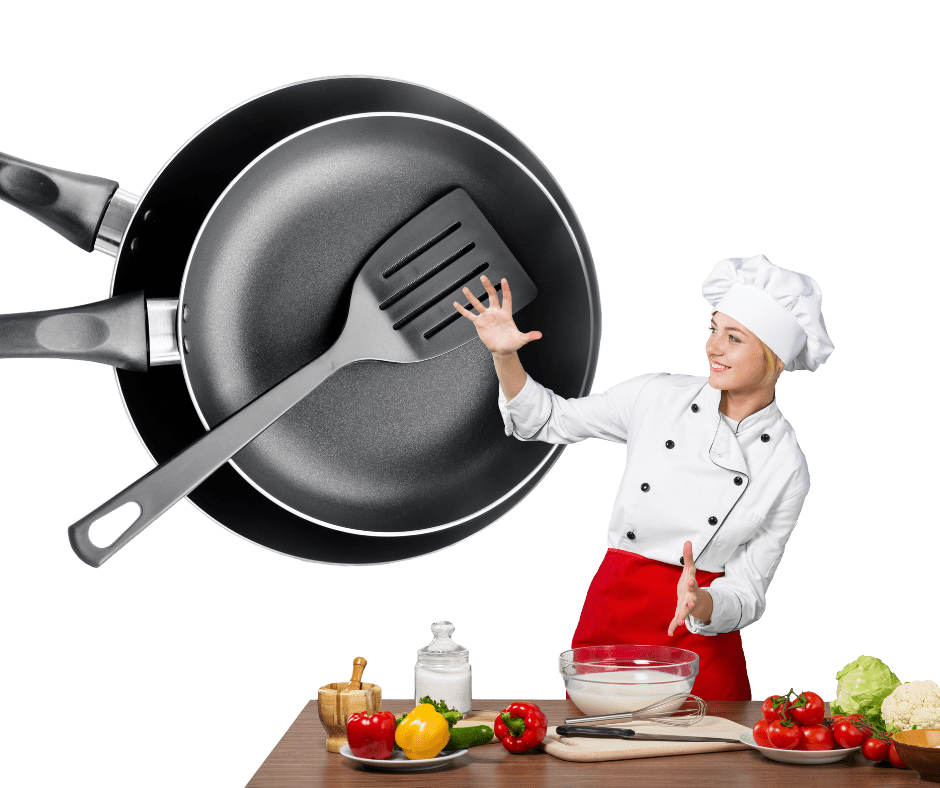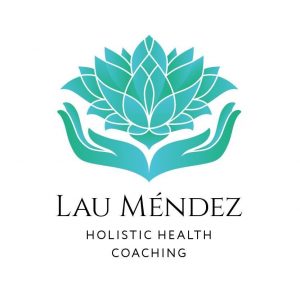
Cookware Awareness: The Trouble with Teflon
Are you eating toxic chemicals and you don’t know about it?
Perfluorooctanoic acid (PFOA), also known as C-8, is a slippery, soap-like chemical used to make products such as Teflon pans and Stainmaster carpet and hundreds of other products.
DuPont’s use of C-8 dates back to the 1950s, and continued for decades after knowing that the chemical was toxic to humans and animals. DuPont started using C-8 in its Teflon production at the Parkersburg factory in 1951. In 1954, DuPont employees noted that this chemical was likely to be toxic. The company confirmed its toxicity in animals in 1961, and then in humans in 1982.
Yet, while these events were detailed in internal corporate documents, the media only reported the toxicity in the year 2000!
Nowadays, it is known that C-8 has been linked to many diseases such as breast cancer, prostate cancer, liver tumors and reduced fertility. This chemical was found to build up in people’s bodies, so daily use was eventually seen as an unacceptable risk.
Teflon has been linked to short term flu-like symptoms and headaches, known as polymer fume fever. This is due to the gasses released when heating the pans.
Many people are still using non-stick pans even after they become damaged and begin to flake off — a huge problem. Sounds like your case?
You really don’t want to be cooking your food and then have it mixed with the toxic chemicals of Teflon, do you? Just because something is “safe for sale” does not mean it’s safe, or part of a healthy lifestyle, or healthy to use.
Alternatives
What to do then? Your best three options are:
- Ceramic-coated pans are one of the best replacements to Teflon, as they can be treated in the same way and are free of toxins. Ceramic cookware is also environmentally friendly. Please always choose a brand that clearly states the product is toxin-free and environmentally friendly.
- Cast-iron pans are heavy and require a bit more maintenance at first. But a well cared for cast-iron pan can last you a lifetime.
- Stainless steel is another great option. It may not be non-stick, but there are no health risks with good old stainless steel. There’s no risk of anything leaching into the food, and stainless steel cookware is long lasting.
If baking in the oven, glass is a great cookware material that has no health risks, as it’s just pure liquid sand (silicon dioxide). The main downside is that it’s fragile and not non-stick. But if you cook without oil it’s easy enough to clean after a quick soak.
It is also highly persistent, which means once it enters the environment it does not leave. (Think of what this means for our drinking water, seafood, and farmland soils.)
If you haven’t discarded your Teflon pots and pans, it is time to do so! A good suggestion is to watch the Netflix movie Dark Waters. Do your own research and empower yourself by self-education.

